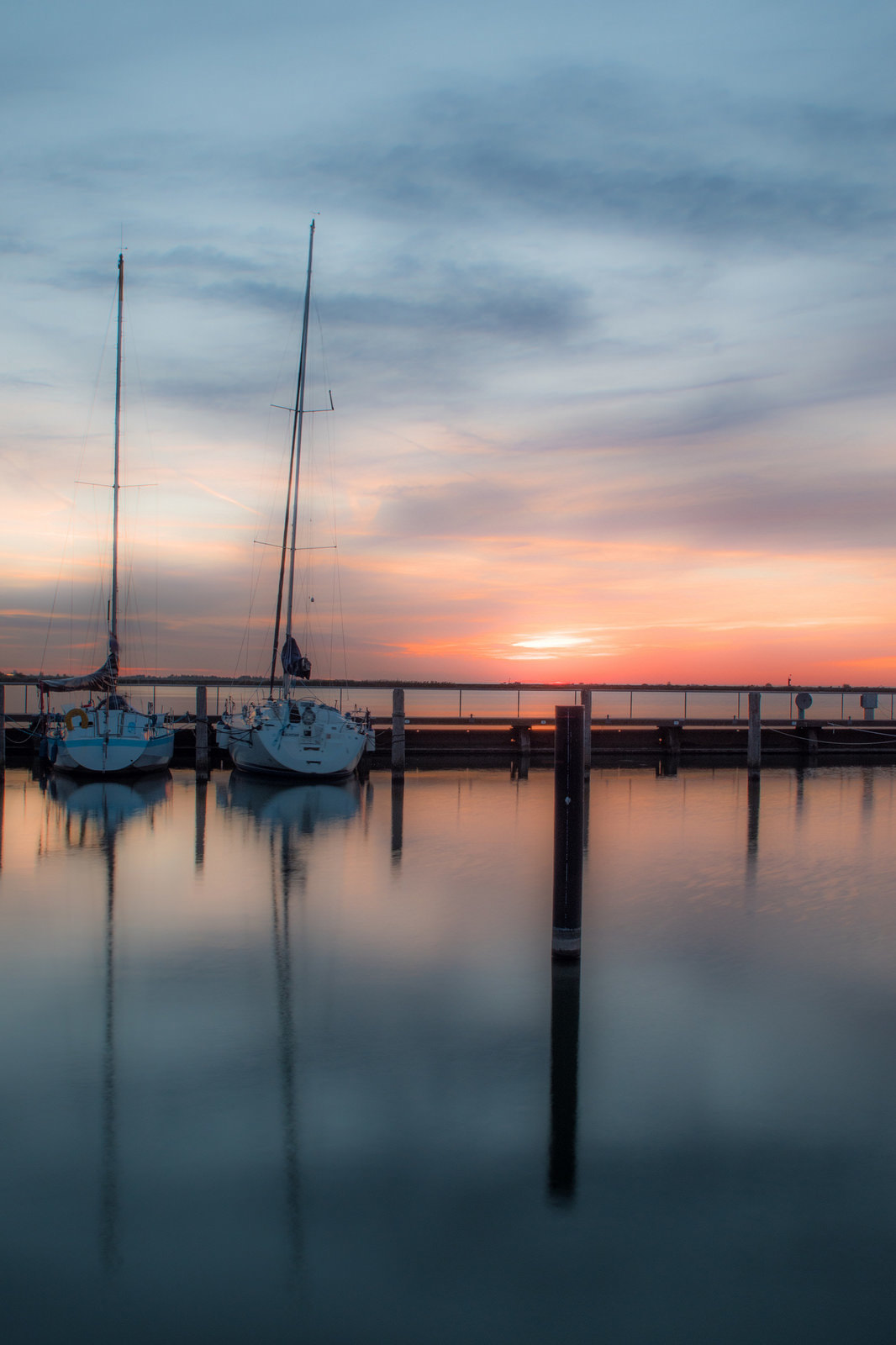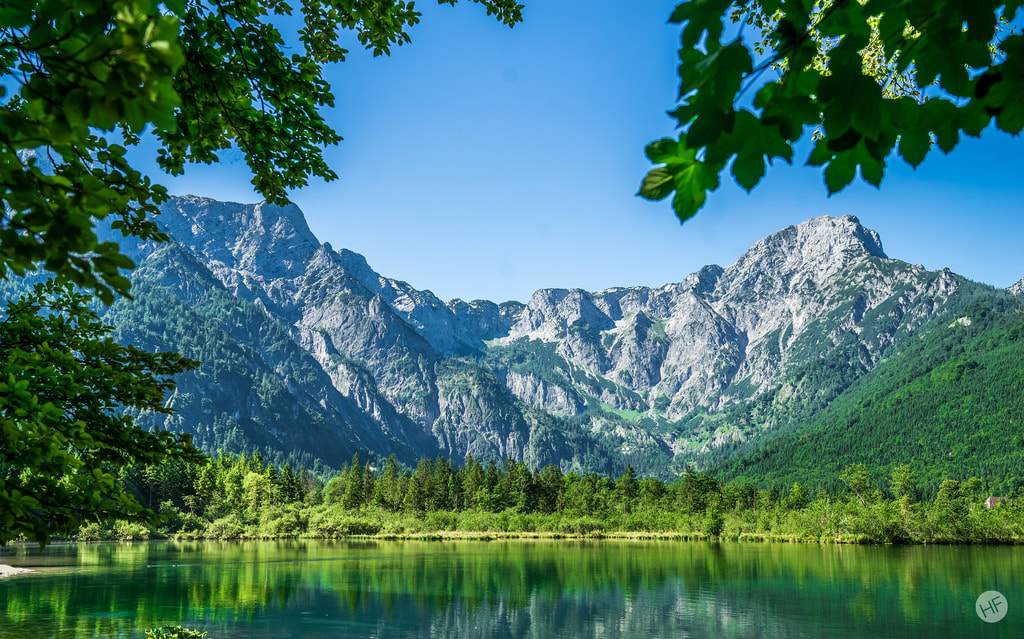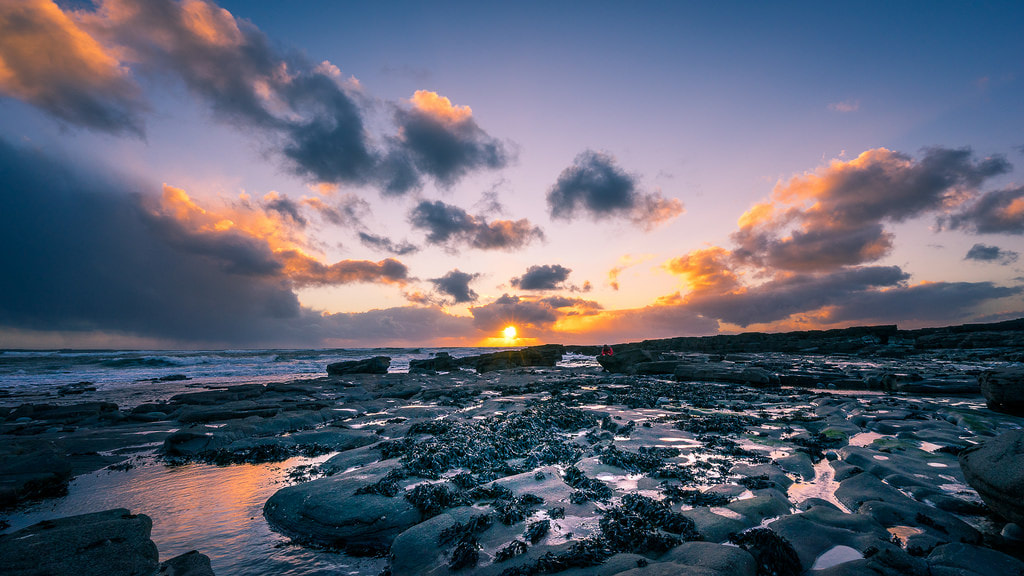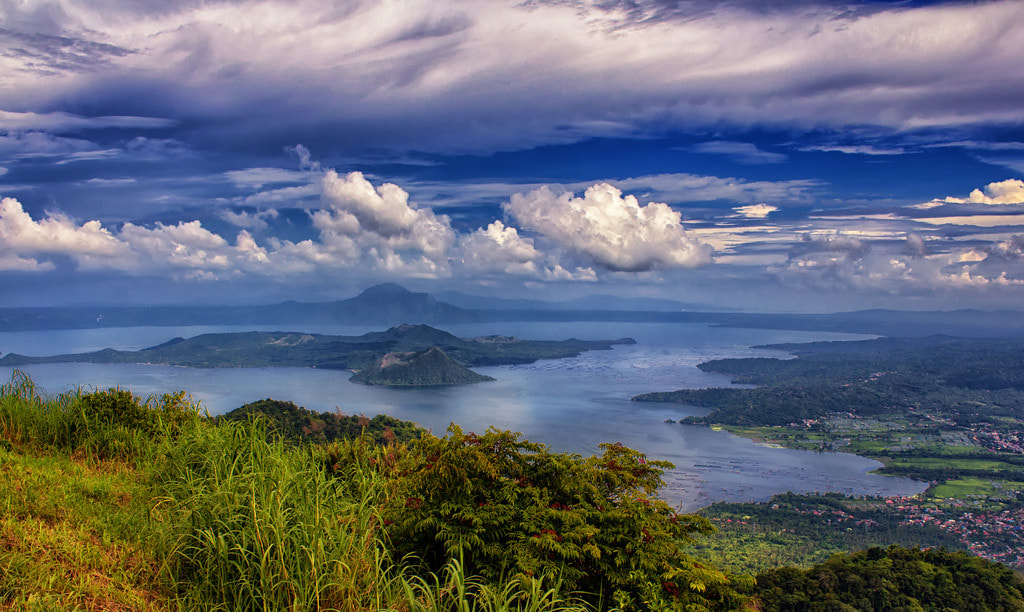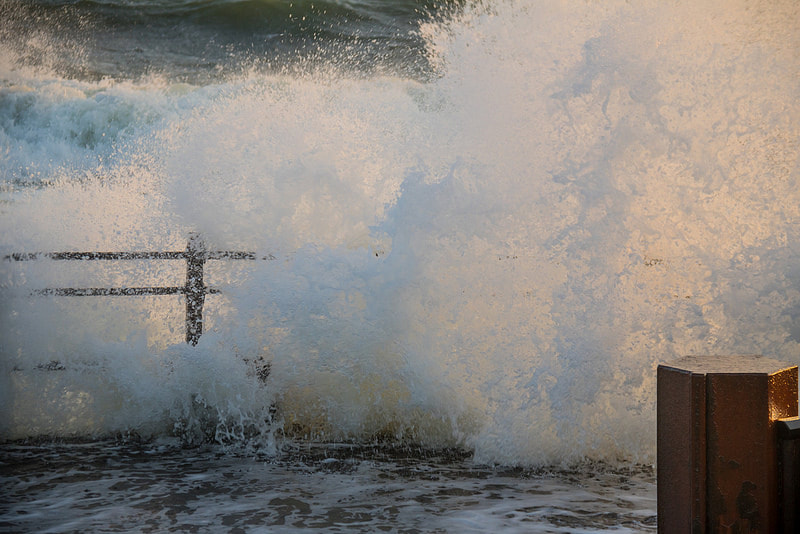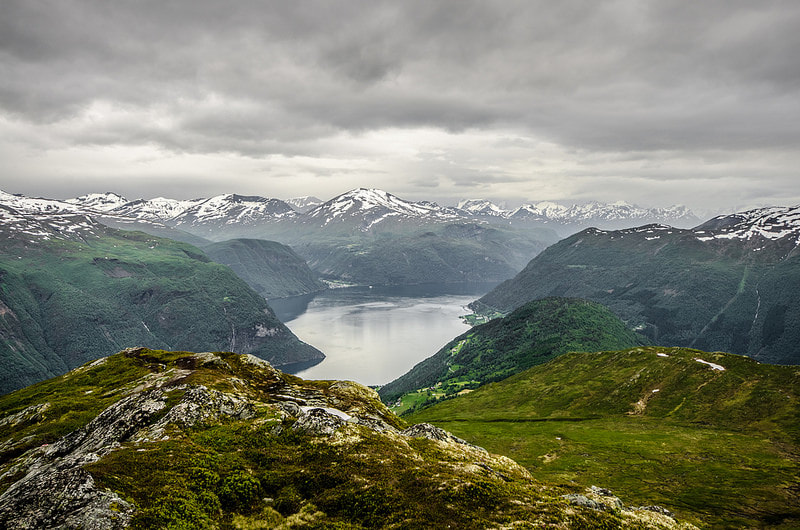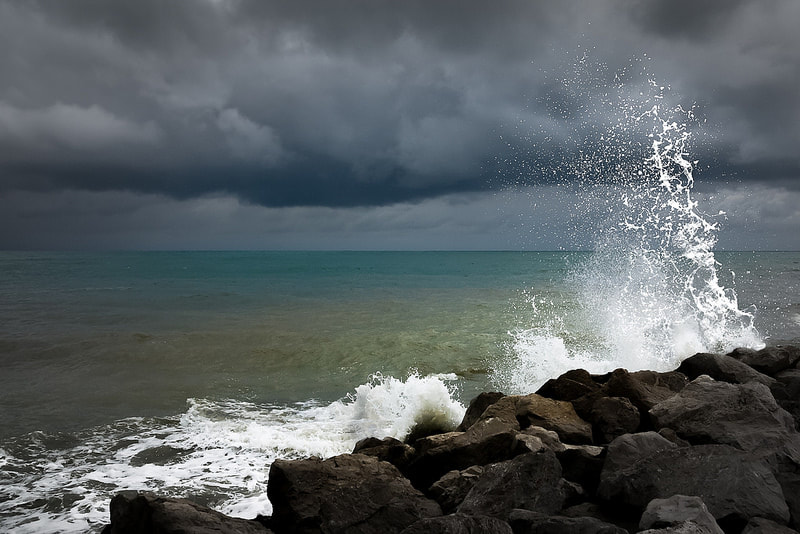Vive La Process Revolution
A Call from Generation Z
by Sophie Thomasson
|
There is a whole lot of discord in the world today, and if you watch the news too long, you might be sold on the idea that we humans have all turned to hate. As a young person, I have felt disenfranchised by a political system that disallows proper representation or social mobility, sold on the hollow glamour of the wealthy few, and generally lied to about happiness. This was the lead up to a two year period in my life when I ran with a group of young people from all across the United States that identified as “antifa”. They saw themselves as redeemers of the ills of a system that left people behind.
Their hearts, and my heart, at the time, were in the absolute right place. There was, at the root of this new movement, a burning compassion for helping people who were hurting and an acute desire to prevent further hurt. For a while, that was all it consisted of. My best friend, who I’ll call Alex, would publish papers about the harm that capitalism had caused so many people, domestically and abroad, and disavow all of the weight we put on the back of the dollar. I was happy to champion this new era of social consciousness. Then, it came the time of Ferguson. The hurt of a people came to the surface, and partisan lines were being drawn all over the country, serving as fault lines for the slippage into madness that would ensue within our political sphere. My friends and I were in a Skype call, following news coverage of the protests. I remember crying, and my best friend swore that “this would never happen again”. Things never quite settled into the intellectual routine that had been so fun just months before. We weren’t just writing papers anymore. There wasn’t a focus on this great, golden utopia that had seemed so vitally important that it was momentarily tangible. People I knew, who I called friends, had transcended protesting and begun rioting. “Yes,” the message said, “a few people got arrested.” I was sort of numb, in shock. It had been a few months since the last televised riots, but this feeling of uneasiness had remained within the press and antifa consciousness. My friends, three of them, were in jail. They had thrown bricks through the glass of a storefront and helped to set a police car on fire. For the first time, I began to doubt the community I had embedded myself in. It was the summer after I turned seventeen that it hit me. This violence that we were perpetuating in the good name of a better future almost made us irredeemable. We were causing the divisions that made reconciliations between these political factions impossible, thereby making a future of compassion and understanding impossible, too. We had become as inconsiderate as we portrayed our ideological opposites to be. My time with these people, who had for most of my teenage years been a family, was terminal. The catalyst was a funny sort of conversation about bike locks, Berkeley, and punching Nazis. No, unfortunately, it wasn’t just the setup for a bad joke. People I knew were advocating for murder. At a protest at Berkeley University, a man hit a Trump supporter in the head with a bike lock. Blood streamed down the victim’s face, in the footage, and the coward who hit him ran back into the crowd of counter-protestors. This was our antifa zeitgeist. Everyone but me found it okay to hit, maim, or kill people that they disagreed with. An eye for an eye. The discomfort between Alex and me, as he hailed this man who assaulted a protestor as a hero, was irreconcilable. I stopped speaking to any of those people within three weeks. I started my senior year of high school confused, having lost my political identity, the rabidity with which I had clung to it encompassing my whole self for those years. It was then that I looked elsewhere. I believe in my generation and the utopian ideals of equality and stability and happiness for all peoples, and I believe that we can achieve that. To do so, though, we must not turn to violence, and we must not forget that which makes us human: our aptitude for the spiritual. There does need to be a revolution in America, and if the principles of it were as incendiary as that pseudo-war peddled by militant groups from either political faction, more people would hear its message. I believe that the liberty that we seek comes riding on the back of compassion, the Rosetta Stone of humanity. Process theology is this idea that embraces the whole being of a person, and particularly embraces that which makes them unique. Rather than seeing disagreements as a reason for alienating other people, process theology asks that we hear the other side out. As the philosopher Whitehead puts it, we can actually “feel the feelings”, of others in empathic ways, and live from an empathic perspective. (Indeed for some process thinkers, this kind of power grounded in empathy characterizes the mind of the universe, otherwise called God.) We hold to our truth, but not so tightly that we can’t let other truths in. It was looking back at the ills of a group that wanted to do so much good that I realized this was the problem: we have lost sight of our humanity, specifically that in us which calls for basic respect for other people – understanding. Historically, it was love that moved those seemingly impossible mountains. The most famous civilian revolutionary in American history was a reverend advocating a nonviolent movement named Martin Luther King Jr. He wore suits, not gas masks, and spoke to everyone as a person, not as an ideology. He strove for a future founded on the principles of love and understanding. Somewhere, however, his principles became detached from our political consciousness. The knowledge isn’t lost yet, if we can only act in enough time. I am calling on you, reader, to be a revolutionary. Don’t close yourself off from that ocean of experience that exists in the hearts of other people, regardless of their agreement with that existing in you. We don’t need violence to change the world, we need to talk to each other. I recall a war documentary I saw, where someone said that no man would shoot the other in combat if they had a five minute conversation about who they were as people. We all know what it means to be human, and that serves as a commonality among mankind. From that mutual suffering and common emotion, we derive community. I have a dream that we all pitch in, together, and have a conversation across the table of sisterhood and brotherhood. I have a dream that even the most hateful of people, who feel wronged in some way by this world, will find communitas through every wonderful experience on this planet that time can afford them. I have a dream that these divisions will someday heal, and that we can coalesce around compassion instead of money, politics, jealousy, or hatred. I know that the road to get there is long, but if we would only love each other better, understand each other a little more, and accept the special humanity of every individual, the dream of that bright future will be ours. |
